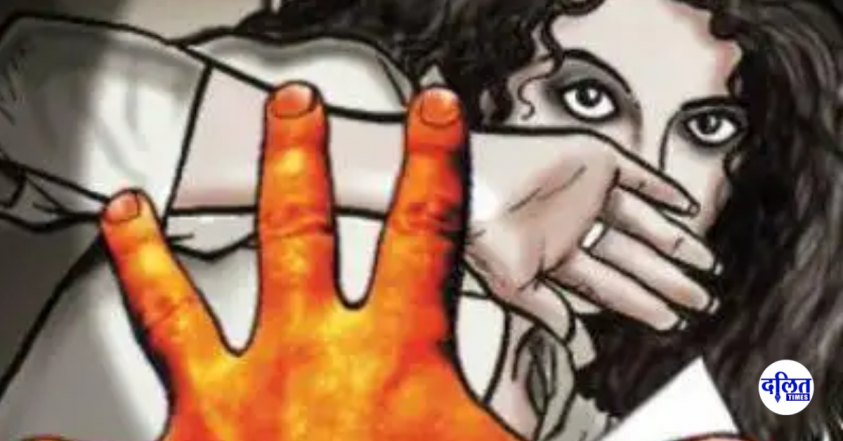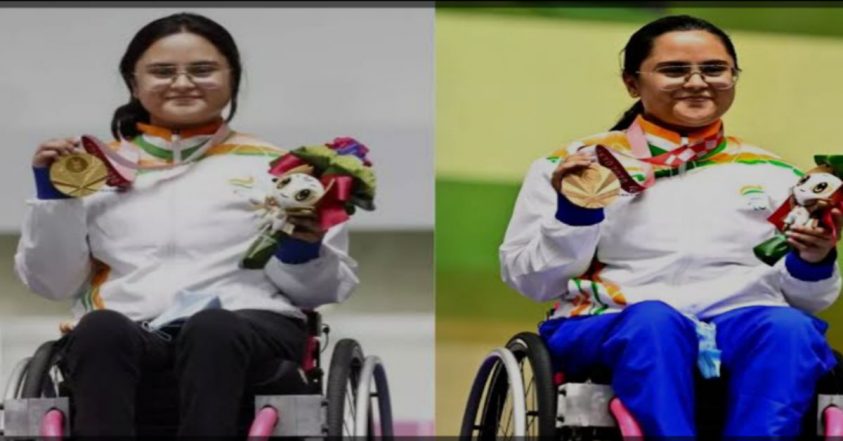A 45-year-old Tribal woman from the Kurku community was subjected to unspeakable violence — gangraped, tortured, and left to die in a neighbor’s courtyard on May 24, 2025 in Madhya Pradesh’s Khandwa district. Her uterus was reportedly protruding, indicating a brutal internal assault with a rod or wooden object. Though rushed to the hospital, she succumbed to her injuries the same afternoon. Two men — Hari Palwi and Sunil Dhurvey, both from the same community and known to her — were arrested. But behind these arrests lies a deeper rot: one of systemic silence, caste-tribal erasure, and a justice system that continues to fail India’s most marginalized.
This is not an isolated atrocity. It is a brutal reaffirmation of the normalized violence that tribal women face across India, where their bodies become battlegrounds for caste, patriarchy, and state neglect. The crime occurred in Khalwa tehsil, a remote and forested region with a predominantly tribal population, where institutional presence is minimal and the state often arrives too late, or not at all.
Also Read: Justice Beyond Barriers: Nagarathna’s Rise to the Heart of Judicial Power
According to police statements, the woman had attended a wedding the night before and was last seen with the two accused. Her family brought her home the next morning; she died shortly after. The police claim the perpetrators were intoxicated during the assault — a fact that must not be used to dilute the gravity of the crime or the calculated violence of their actions.
Khandwa Additional Superintendent of Police Rajesh Raghuvanshi said a postmortem was being conducted under forensic supervision. But what value does forensic diligence hold when the state consistently fails to provide even the most basic safety and dignity to Adivasi women? Where is the outrage? Where is the compensation, the solidarity, the political reckoning? Why is there no national mourning when yet another tribal woman is desecrated and discarded?
She was not just a victim. She was a mother, a forest-dweller, a citizen — denied dignity in both life and death. Her murder exposes multiple layers of systemic failure: the precarity of tribal women in rural India, the impunity often enjoyed by perpetrators (even from within the community, under the gaze of caste-patriarchal complicity), and the absence of political will to confront violence against Adivasi women with the urgency it deserves.
Despite constitutional protections under Article 15 and the Scheduled Castes and Scheduled Tribes (Prevention of Atrocities) Act, 1989, tribal women remain among the most unprotected citizens in India. NCRB data is chilling — crimes against Scheduled Tribe women, particularly sexual violence, have risen consistently, while conviction rates remain dismally low. The intersection of caste, gender, and tribal identity renders these women invisible in policy, in media, and in justice — even when the brutal signs of violation are carved onto their bodies.
This incident must not fade into the growing archive of forgotten crimes. It must be a national reckoning. A full judicial inquiry is essential, with charges under appropriate sections of the IPC and the SC/ST (PoA) Act, swift arrests, and guaranteed legal aid to the family. But legal formalities are not enough. Structural change is non-negotiable: sensitization of police and judicial systems, localized justice mechanisms rooted in tribal contexts, and most importantly, meaningful inclusion of Adivasi women’s voices in policymaking and public discourse.

Justice must not be delayed, diluted, or derailed. It must resound from the courtrooms to the forested villages, until no Adivasi woman walks her road fearing what might happen to her body, until no tribal child is orphaned by caste-patriarchal violence, and until the state learns to protect its most dispossessed.
Rising Incidents of Atrocities
Madhya Pradesh has witnessed a disturbing rise in crimes against Scheduled Tribes (STs) in recent years. According to data from the National Crime Records Bureau (NCRB) for 2022, the state reported 2,979 cases of crimes against STs—among the highest in the country. These include a range of serious offenses such as murder, rape, and assault.
The situation further deteriorated in 2024, with 52 tribal individuals murdered—an increase from 45 in 2023. These figures reflect the persistent and deepening vulnerability of tribal communities in the state.
Several horrific incidents in Madhya Pradesh have brought national attention to the violence faced by Adivasi communities: These cases exemplify the entrenched caste-based discrimination and systemic impunity that tribal communities continue to face.
Governmental Measures and Initiatives
In response to increasing atrocities, the Madhya Pradesh government has introduced several legal and welfare interventions:
- Legal Framework: The Scheduled Castes and Scheduled Tribes (Prevention of Atrocities) Act, 1989, is implemented in the state to address and penalize offenses against SC/ST communities.
- Tribal Welfare Programs: Schemes such as the ‘PM Jan Man Yojana’ and the Sickle Cell Eradication Mission have been launched to enhance the health and socio-economic well-being of tribal populations.
- Cultural Recognition: Initiatives to celebrate tribal heritage include the GI tagging of Gond painting and the naming of institutions after tribal icons.
However all these are ineffective and the social condition still continue in very hard. The alarming rise in atrocities against tribals in Madhya Pradesh is a grave human rights issue demanding urgent and sustained intervention. While the state has taken certain legal and welfare measures, their success depends on robust implementation, accountability, and direct engagement with tribal communities. Justice, awareness, and inclusive governance must form the cornerstone of a safer and more equitable future for Adivasi citizens.



